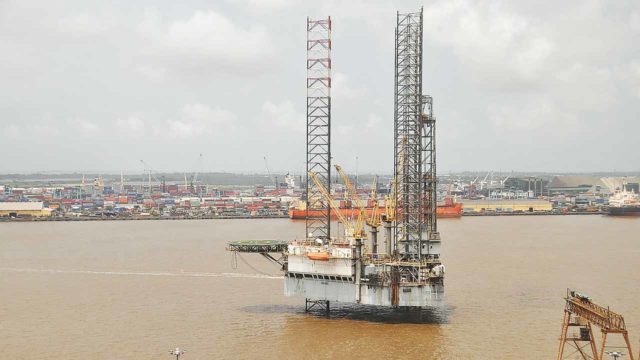Posted on Jan 30, 2020
• As investors may delay long term projects
Globally, about 99 new gas projects and 112 new oil projects are expected to start production this year, a renowned industry research body, Globadata, has said.
Latest report from the think-tank however disclosed that oil firms may take investment decisions on projects that would yield return in space of about four years instead of long term projects.
With this development, long term projects in Nigeria, including Shell’s Bonga South-West and Aparo, which is expected to add about 225,000 barrel per day (bpd); Bonga North (100,000bpd); Eni’s Zabazaba-Etan (120,000bpd); Chevron’s Nsiko (100,000bpd); ExxonMobil’s Bosi (140,000bpd); Satellite Field Development Phase Two (80,000bpd), and Ude (110,000bpd) may remain idle if Globadata’s forecast sustains.
These projects estimated to cost around $100 billion, and expected to boost Nigeria’s production by as much as 875,000bpd, and revenue by about $1.5 billion had been in the pipeline amidst brewing tension and dwindling investment in fossil fuels.
While Nigeria is similarly known for long project cycle, Globaldata noted that investors would prioritise faster returns with shorter cycle investments, as the industry moves away from giant developments.
Rigzone, an industry research agency, had quoted senior oil and gas analyst at GlobalData, Anna Belova, as saying: “Projects now go from final investment decision (FID) to first oil/gas in under three to four years, even for larger integrated developments with midstream components.“Globally, this trend was observed with Zohr in Egypt, which produced first gas only 22 months after the FID, and more recently with Liza in Guyana.”
According to the report 14 ultra-deepwater oil and gas projects were expected to commence production next year, with all but two projects located in Brazil and the United States Gulf of Mexico.
Last year, in a move that took the industry by surprise with the whole process taking only 26 days, Nigeria had signed a new Deep Offshore and Inland Basin Production Sharing Contract (PSC) Act, into law, expecting the development to create additional revenue for the government.
Though Wood Makenzie’s Director, sub-Saharan Africa upstream Oil, and Gas, Gail Anderson, had said: “The toughening of royalty is, relatively speaking, not as bad as investors feared.” He added that the average remaining government share increases by five per cent, but the details published by GlobalData did not raise hope for some of the nation’s pending deep-water projects this year.
